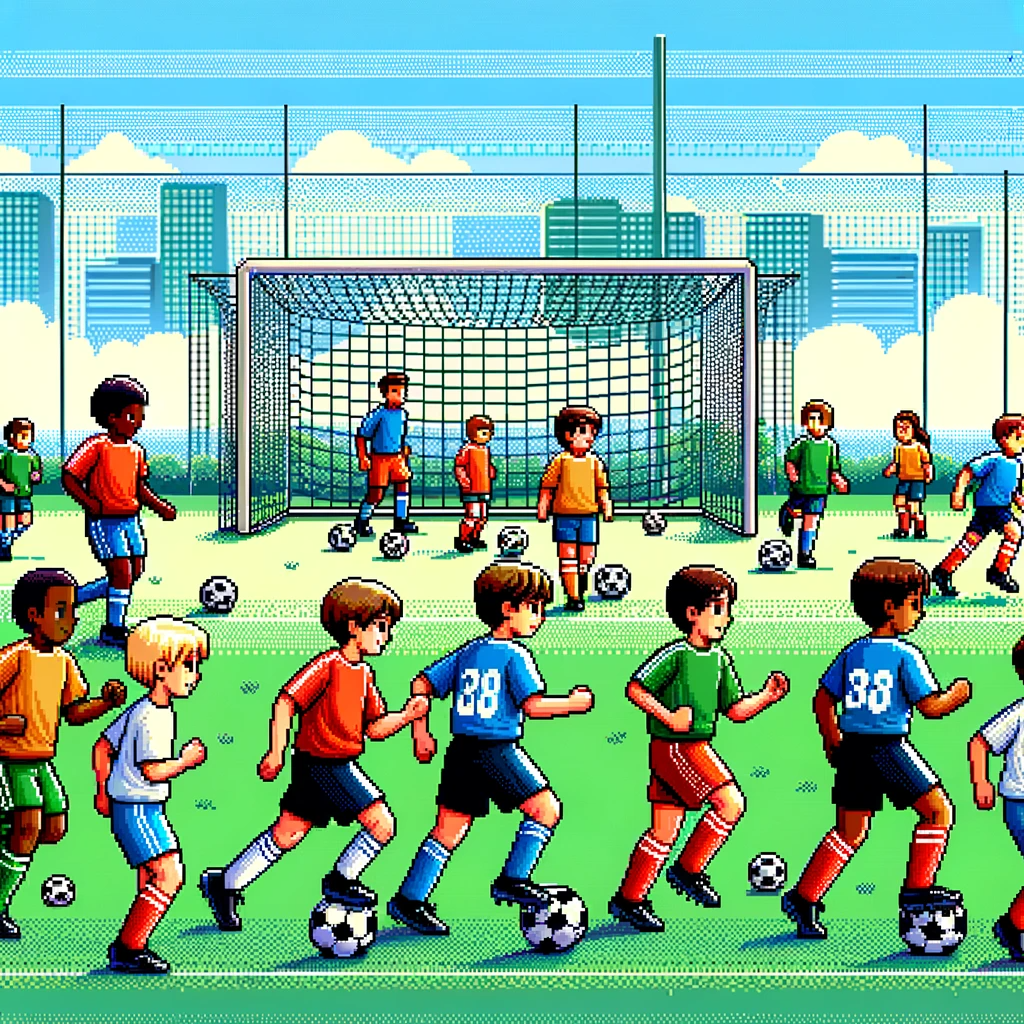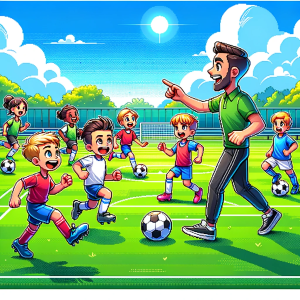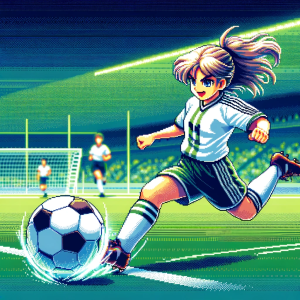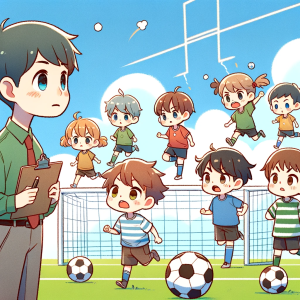
Implications of the Relative Age Effect
“Relative age effect in Spanish association football” by Jiménez and Pain presents a compelling exploration of the relative age effect (RAE) in Spanish youth soccer and its impact on player development and selection processes. This concept is crucial for soccer coaches, scouts, and sports scientists who are involved in nurturing young talent and has significant implications for soccer coaching and player development.
The Relative Age Effect in Youth Soccer
The study highlights the RAE, a phenomenon where athletes born earlier in the selection year have developmental advantages over those born later. In Spanish youth soccer, this bias has been shown to influence selection, favoring players born in the early part of the year. This leads to an under-representation of younger players in the same age group, potentially overlooking late-maturing talent.
Implications for Soccer Coaching and Player Development
- Talent Identification and Development: Coaches need to be aware of the RAE to ensure a fairer and more effective talent identification process. Recognizing late bloomers and providing equal opportunities could harness a wider range of talents.
- Training and Coaching Practices: Adjusting coaching methods to cater to the needs of younger players in an age group can help in developing their skills and confidence, countering the natural advantages of older players.
- Long-term Player Development: Understanding the RAE can aid in developing strategies that focus on the long-term development of players, rather than short-term success based on physical maturity.
- Policy and Structural Changes: Soccer academies and youth leagues might consider restructuring competitions and selection processes to mitigate the effects of RAE. This could include adjusting age group cut-offs or creating mixed-age groups.
- Psychological Impact on Players: Coaches should be mindful of the psychological impact of RAE on younger players, who might feel discouraged due to perceived underperformance. Providing support and encouragement is key to their ongoing engagement and development.
Conclusion
This study is a crucial resource for anyone involved in soccer coaching and player development. It not only highlights the challenges posed by the relative age effect but also opens avenues for more inclusive and effective strategies in nurturing talent. Aspiring coaches, trainers, and sports scientists should delve into this insightful study to enhance their understanding and approach to youth soccer training.
Are you ready to delve deeper into the science and strategy of soccer?
This Week in Soccer offers you a unique blend of expert analysis, engaging infographics, and practical insights. Subscribe to our newsletter and stay ahead of the game with the latest in soccer analytics and coaching strategies. Make the move from spectator to strategist. Subscribe now!



